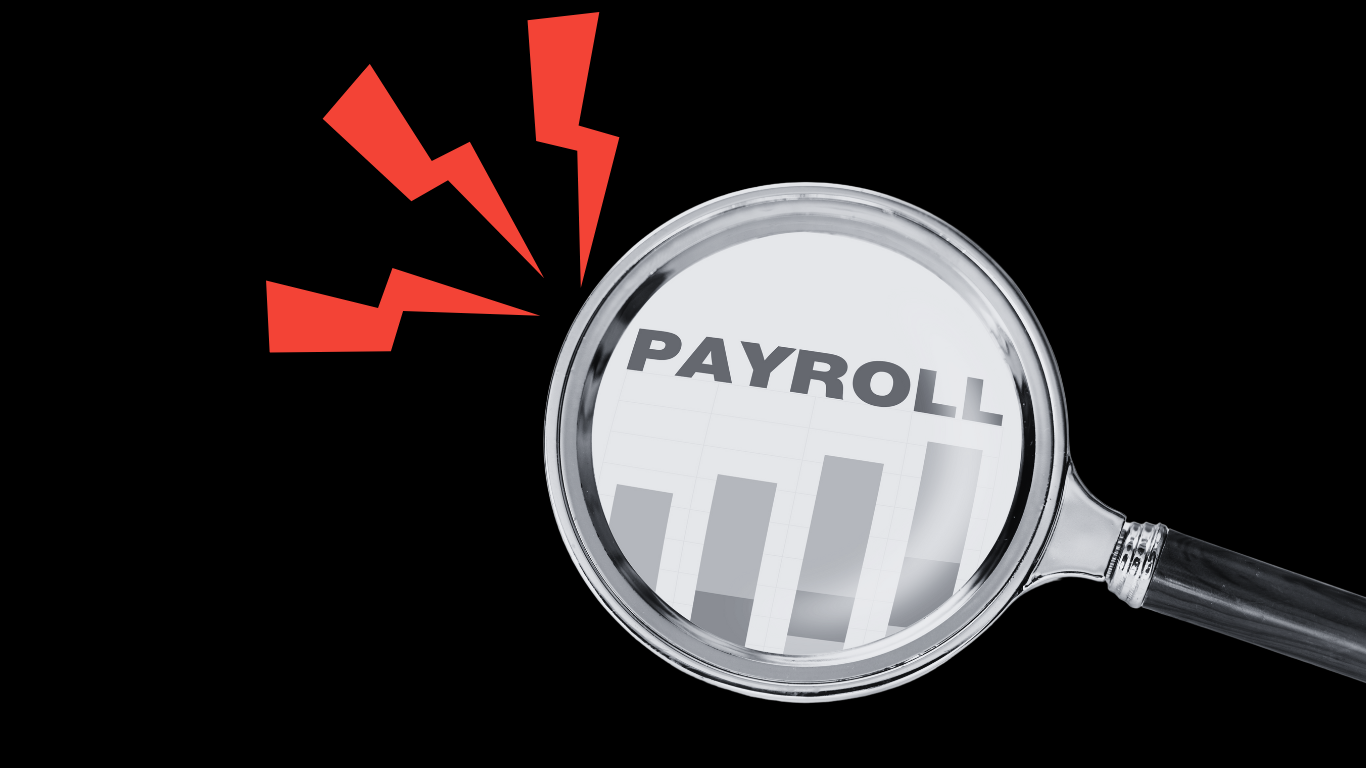Preparing Management Accounts
Hi, I’m Mitch Hahn, Partner at Nordens Chartered Accountants.
Today I am going to explain what Management Accounting is and how you can use it to help you become more successful.
Welcome to Nordens TV!
Management accounting is the process of preparing management reports and accounts that provide accurate and timely financial and statistical information to managers to make short- term and long-term decisions. It identifies, measures, analyses, interprets, and communicates information to enable a business to pursue its goals.
Management accounting differs from financial accounting. While financial accounting provides information to people inside and, more importantly, people outside the business, management accounting is mostly aimed at aiding managers inside the business with decision making.
The Role of Management Accounting in a Business
Helping Forecast the Future:
Forecasting decision-making and answering questions, such as: Should the company invest in more equipment?
Should it diversify into different markets? Should it buy another company?
Management accounting helps in answering these critical questions and forecasting the future trends in business.
Helping in Make-or-buy Decisions:
Is it cheaper to procure materials or a product from a third party or manufacture them in-house?
Cost and production availability are the deciding factors in this choice.
Through management accounting, insights will be developed which will enable decision-making at both operational and strategic levels.
Forecasting Cash Flows:
Predicting cash flows and the impact of cash flow on the business is essential.
How much cost will the company incur in the future?
Where will its revenues come from and will the revenues increase or decrease in the future?
Management accounting involves designing of budgets and trend charts, and managers use this information to decide how to allocate money and resources to generate the projected growth.
Helping Understand Performance Variances:
Business performance discrepancies are variances between what was predicted and what is actually achieved. Management accounting uses analytical techniques to help the management build on positive variances and manage the negative ones.
Analysing the Rate of Return:
Before embarking on a project that requires heavy investments, the company would need to analyse the expected rate of return (ROR). If given two or more investment opportunities, how should the company choose the most profitable one?
In how many years would the company break even on a project? What are the cash flows likely to be?
These are all vital questions that can be answered through management accounting.
Management accounting uses activity-based costing to decide what to produce, how much to spend on a product, how much it will cost to service a customer, and what customers and products are profitable.
They find the answers to these integral questions so that business owners can focus on maximising revenue.
This has transformed how companies operate. Companies can no longer take vital decisions without considering the implications and outcomes. They can use intelligent analysis and management accounting to invest smartly, and at the same time prepare quickly for events that might impact them negatively.
Continue watching:
-
Preparing Management Accounts
18 July 2019 -

Webinar Replay: Financial Planning for High Income Earners (£100k+)
29 September 2025 -

Webinar Replay: Money Management for Neurodivergent Business Owners�...
24 June 2025 -

Discover the Heartwarming Culture at Nordens!
22 January 2025 -

Steps Nordens Are Taking Towards Diversity and Inclusion
8 January 2025 -

Diversity & Inclusion at Nordens
25 December 2024 -

Autumn Budget 2024: The Real Impact.
1 November 2024 -

SURREAL Cereal are a masterclass in disruptive brand building
14 October 2024 -

Hire people who ADD value to your business
14 October 2024 -

How we support the world leading psychic medium, TJ Higgs
14 October 2024
















































































































































































































































































































































































































































































































